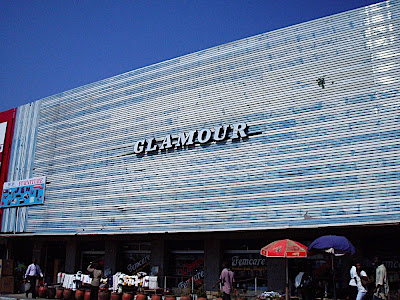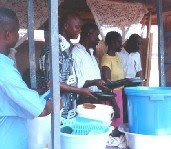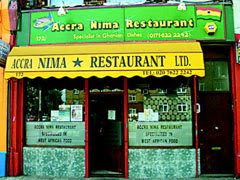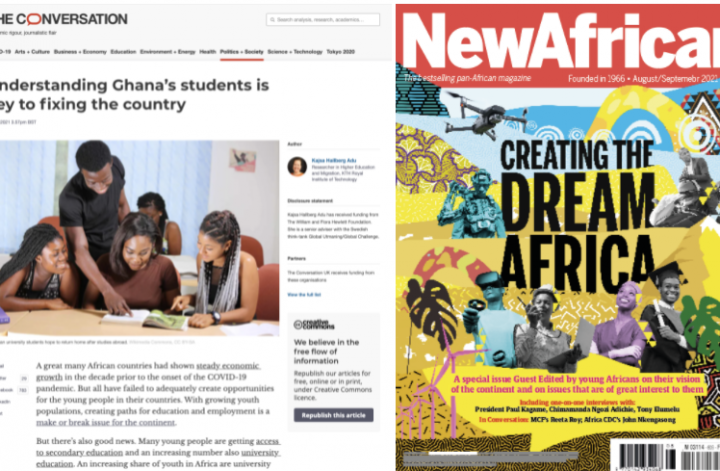> They say beauty is in the eye of the beholder.
They say beauty is in the eye of the beholder.
The meaning of that concept is that we all have different glasses though which we see the world. In this post, as in all others I have ever written, I intend to write about the world I see. Here are my thoughts on poverty (spurred on by Blog Action Day).
With my sheltered and sometimes outright naive Swedish background, coming to live in Ghana has in many ways been being confronted with stories about poverty. I have come to understand the depressing effects of poverty: that there are people who are so poor they buy food and spices for today’s meal only, hoping that tomorrow they will afford rice and pepper again. There are men so poor they can’t afford the transport fare to go look for a job, women so poor they cannot afford to go to church (offerings and sunday clothing requires money) and families so poor they cannot afford contraceptives or an abortion even when their resources are not enough to feed the kids already at their feet.
Then again, Ghana is a relatively well off country in the region, see for instance gapminder for figures. And the person buying pepper for today, at least is buying something. The man not able to find a new job will be fed by his wife who is a successful trader in the local market. And interestingly, the poorest families rarely see children as anything else than a resource and a joy.
Poverty is in the eye of the beholder. I argue, so is glamour.
Pic taken in the Makola Market area, downtown Accra, Ghana.
This years BBC World Service radio play competition had one Ghanaian in the top. Benjamin Kent wrote the play “Funeral Bells” which evolves around the oh-so-common Ghanaian funeral. Loads of people, food and drinks, but often you don’t even know the deceased…








